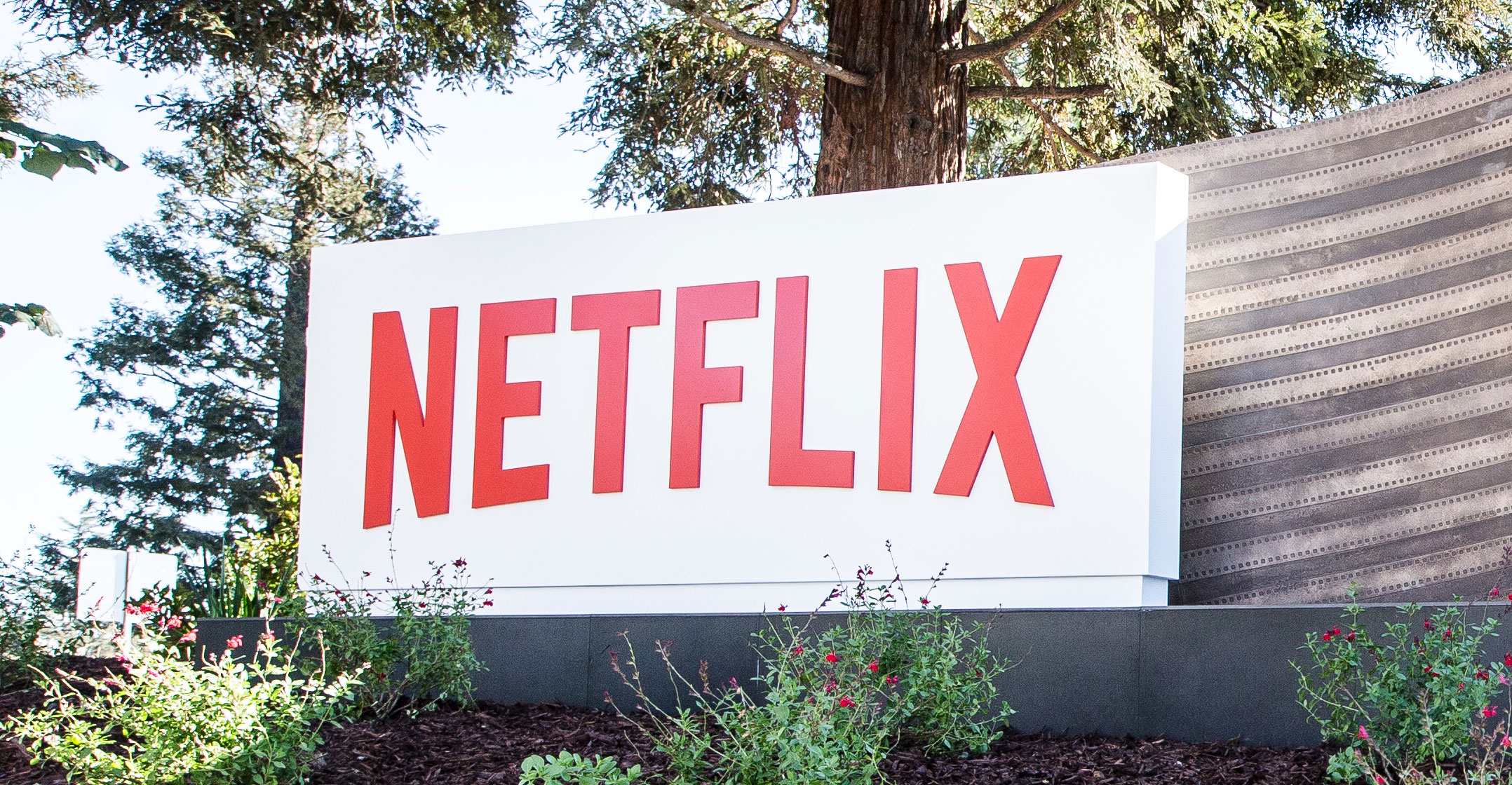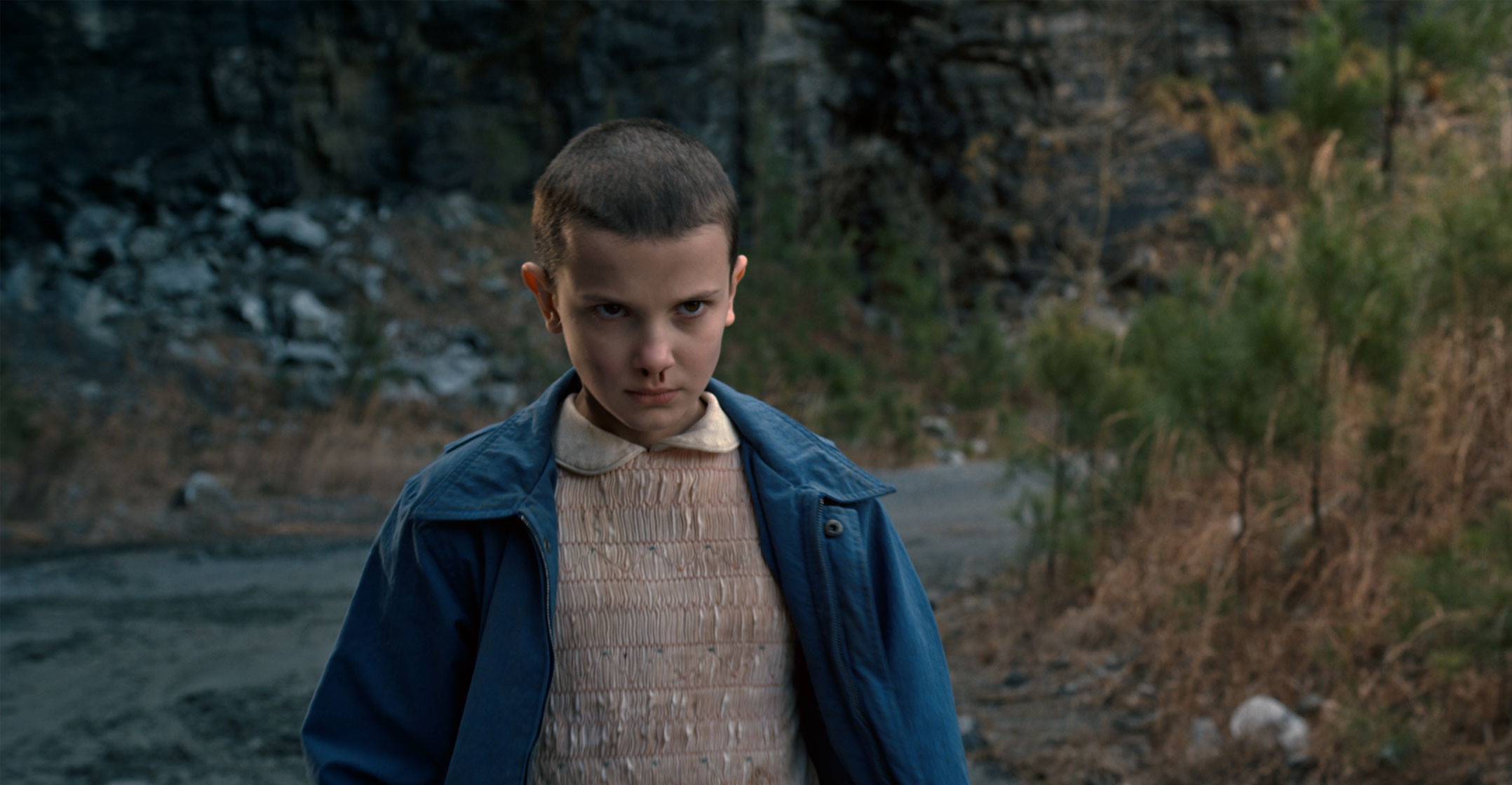
If you’re an actor or producer in Hollywood, it’s hard to miss the flag Netflix has planted in Tinseltown. Its new 14-storey tower is visible for kilometres in sprawling Los Angeles, topped by the company’s red logo. The smell of popcorn greets visitors in the lobby.
Inside, chief content officer Ted Sarandos is recruiting some of television’s most successful producers and writers. Since Netflix streamed its first original series Lilyhammer in 2012, the company has built one of the most valuable TV networks by buying shows from others. Now, with a US$16bn (R210bn) budget, Netflix aims to become the world’s largest creator of entertainment, making programmes just like current suppliers including CBS.
Sunday’s Emmy awards in Los Angeles offer Netflix a chance to burnish its credentials. The company has five programmes nominated for top awards in drama and comedy, including the offbeat hit Stranger Things, a low budget homage to Steven Spielberg and The Goonies. The show is the first drama made in-house, Sarandos said in an interview, and a sign of more to come.
In recent weeks, Netflix has signed Shonda Rhimes, creator of ABC’s Grey’s Anatomy and Scandal, to a long-term deal, hired an executive to develop original kids shows and bought a graphic novel publisher. Netflix Studios is producing about 75% of the company’s new projects, according to Sarandos, the key architect of a lineup this year that includes 200 comedies, dramas, stand-up acts, kids shows and feature films.
“The old world was always a balancing act between money and creative freedom,” said Chris Silbermann, Rhimes’s agent at ICM Partners. “In today’s world, it’s possible to have both.”
Sarandos, 53, first came to Hollywood as an executive for a video rental chain — nobody’s idea of a mogul — and joined Netflix in 2000. He’s grown into the role and become a fixture in Hollywood, hosting political fundraisers with his wife Nicole Avant, the former ambassador to the Bahamas, at their home.
On the road
Sarandos spends much of his time on the road, signing deals with producers in Australia, Poland and Japan. In Hollywood, his primary job is hand-holding. When the temperamental creator of hit series meets with critics, Sarandos is there.
“Our part of the business is pretty high touch,” he said. “People need to see your face a lot. People need to know you are interested in and engaged in their project.”
Over the years, Sarandos’s job has become easier. At first, no self-respecting creator or actor would work for a streaming service when they could win awards at HBO or make millions on a broadcast series. So Netflix made absurd offers. It pledged $100m and made a two-season commitment for the David Fincher political drama House of Cards starring Kevin Spacey. Few TV networks order even one full season before shooting a pilot.

The show was a major success, as was the women’s prison drama Orange is the New Black. Still, agents steered clients away from Netflix, fearful they’d never make as much money. The company doesn’t disclose how many people watch its shows, a key metric in TV negotiations, and Netflix also demanded rights in perpetuity, limiting the value of reruns. Seinfeld, the NBC hit comedy from the 1990s, has earned more than $3bn in syndication.
But the hits and accolades kept coming for shows like Daredevil, Narcos and Master of None. Perhaps no show caught more people by surprise than Stranger Things, a fantasy-horror series about a missing boy.
Creators Matt and Ross Duffer have said they were worried the show would fail because Netflix didn’t market it. But it was an instant sensation, and many critics list its October return as the most anticipated show of the season.
With Rhimes, Netflix landed one of TV’s most prolific producers. She’s had a show on the air every year since 2005, when Walt Disney’s ABC first released Grey’s Anatomy. She’s since made seven series for ABC and commandeered an entire night on the network’s schedule. Yet having reached the highest heights at ABC, Rhimes also craved a new challenge, along with freedom from the constraints of broadcasting. Sarandos, with a big smile and a big cheque, was ready.
The win had consequences. Days later, Disney said it would pull its movies from Netflix when their current deal expires at the end of 2018. CEO Bob Iger also said Disney would create its own streaming service in 2019.
As the flap shows, traditional media companies were eager to take the money Netflix paid for their shows yet slow to see the risk streaming posed to their golden goose, pay TV. Thanks to Netflix, consumers now expect to be able to watch shows where and when they want. Analysts forecast the company’s sales will hit $11.5bn this year and pass both CBS and Viacom in 2018.
Sarandos’s shift from buying and licensing shows to making them in-house elevates the threat. The company has hired scores of staff from partners and rivals, and is being sued by 21st Century Fox for poaching employees.

Jeffrey Katzenberg, whose DreamWorks Animation was an eager partner with Netflix, gives the company high marks and calls Sarandos “a man of high integrity. They built their business in a thoughtful, considerate way.” Yet Katzenberg also understands the rancour Netflix causes among media companies losing viewers to online TV.
While competing media companies now look more cautiously on Netflix, none is completely cutting ties. Disney is still makes Marvel TV shows for Netflix — and gets paid handsomely. So do CBS, Fox and Comcast’s NBC. And Netflix won’t stop licensing shows anytime soon. It can’t yet make movies on the scale of Disney or the many animated series that DreamWorks Animation provided. It also needs to shop abroad for international audiences.
The biggest risk for Netflix is slowing growth in subscribers, who now exceed 104m worldwide. The company needs to keep sign-ups coming in to support its burgeoning budget. It continues to burn through cash and has regularly raised money to finance TV and movie-making despite pledges it will soon generate meaningful profit.
“The acceleration of content spend will start to moderate,” chief financial officer David Wells told investors at a conference this week.
For now, Netflix is spending money to make money, believing every new show will convince people to sign up. As Wells noted this week, Netflix is poised to become the first company to spend $20m on a single episode of TV. — Reported by Lucas Shaw, (c) 2017 Bloomberg LP



